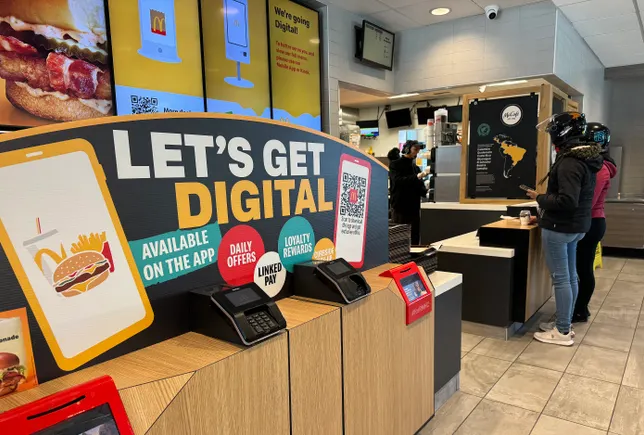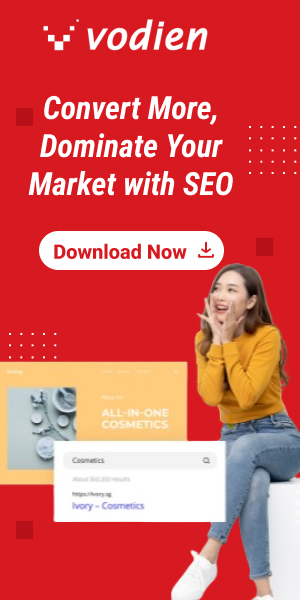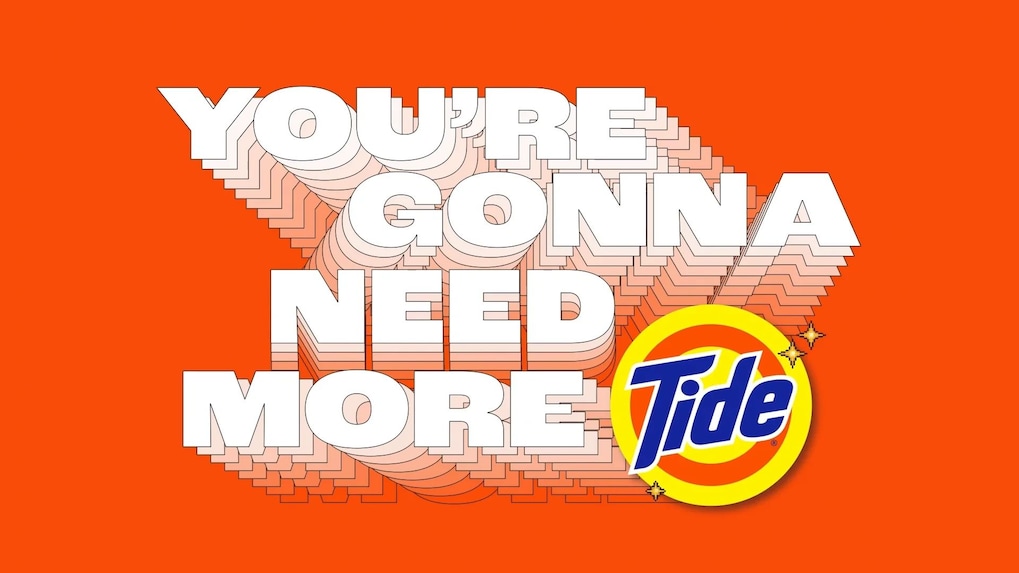The marketing and advertising industry was caught off guard last month with the unexpected closure of Liquid Sunshine, the in-house agency at Keurig Dr Pepper. This development comes just months after the agency was celebrated by the In-House Agency Forum as the 2024 In-House Agency of the Year. Industry insiders are now left to ponder what this means for the future of in-house agencies.
Liquid Sunshine’s Rise and Sudden Fall
Liquid Sunshine was established five years ago as Keurig Dr Pepper’s dedicated in-house creative shop. It was crafted to bring more agility and brand consistency to the company’s campaigns. Over the years, the agency garnered a reputation for innovative and effective marketing strategies, culminating in the prestigious accolade from the In-House Agency Forum. However, despite its achievements and seeming potential for continued success, the agency was abruptly shuttered, leaving many to question the motivations behind such a decision.
Factors Leading to the Closure
The closure of Liquid Sunshine is speculated to be a result of several converging factors. These may include:
– Operational Costs : Running an in-house agency comes with substantial financial commitments. As companies face economic pressures, the cost-effectiveness of maintaining such operations is often reassessed.
– Strategic Realignments : Companies periodically realign their marketing strategies, which can sometimes lead to the decision to outsource creative work to external agencies for broader perspectives.
– Market Dynamics : As the market evolves, so do the needs and tactics of companies. This fluidity can make it challenging for in-house teams to keep pace with external agencies that may offer more diverse resources and expertise.
Impact on the In-House Agency Model
The closure of Liquid Sunshine raises questions about the viability of the in-house agency model. While many companies have embraced the model for its potential cost savings and greater control over brand messaging, the challenges faced by Liquid Sunshine highlight the potential pitfalls.
– Innovation and Adaptability : In-house agencies must continuously innovate to remain valuable to their parent companies. This requires constant investment in talent and technology.
– Integration with Broader Business Goals : Ensuring alignment with the overarching business strategy is crucial. Misalignment can lead to redundancies and inefficiencies, as seen in the case of Liquid Sunshine.
Walmart’s Strategic Shift: A Case Study
In a related industry move, Walmart is actively working to change its public perception even as its sales figures remain strong. This strategic shift comes as the retail giant seeks to enhance its brand image and deepen its connection with consumers.
– Brand Perception : Walmart is focusing on reshaping how it is perceived by the public, emphasizing sustainability, community involvement, and digital innovation. This is part of a broader effort to remain competitive in a constantly evolving retail landscape.
– Marketing Initiatives : The company has launched several campaigns aimed at highlighting its commitment to these values, including partnerships with local communities and investments in eco-friendly practices.
Conclusion
The closure of Liquid Sunshine serves as a stark reminder of the challenges faced by in-house agencies, even those that appear to be thriving. It underscores the need for these agencies to remain adaptable and closely aligned with their parent companies’ goals. Meanwhile, Walmart’s efforts to shift its brand perception illustrate the importance of strategic marketing initiatives in maintaining competitiveness.
Note: This article is inspired by content from https://adage.com/brand-marketing/aa-in-house-agencies-under-pressure/. It has been rephrased for originality. Images are credited to the original source.












Leave a Reply